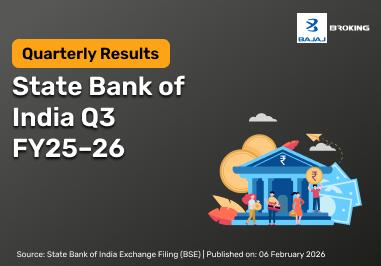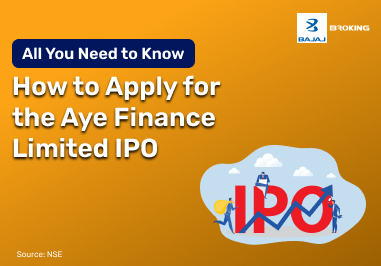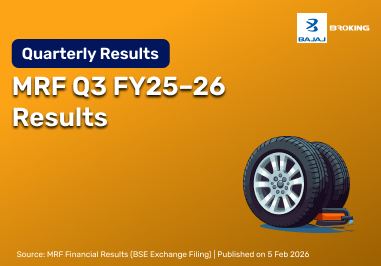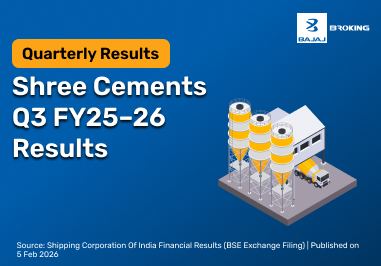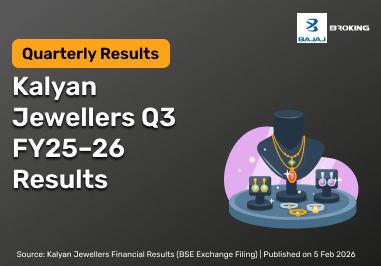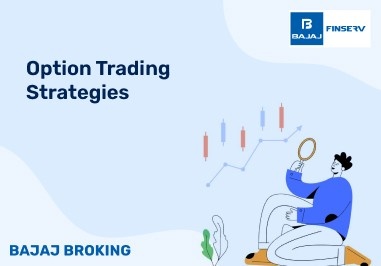What is a Demat Account?
A Demat account — short for “Dematerialised account” — is where your shares live. Not physically, of course. There’s no paper certificate with gold embossing. These are electronic records. Think of it like a bank account, but instead of money, it holds shares, ETFs, and maybe some bonds or debentures too.
But here’s the bit no one tells you clearly that a Demat account doesn’t let you buy or sell directly. That’s where the trading account comes in. I know, one would think one account should be enough. But the stock market’s got layers.
What is a Trading account?
This is the actual bridge between you and the stock exchanges — like NSE or BSE. Regular people can’t trade directly on exchanges. Only registered brokers can. So we use trading accounts to place our orders through them.
Most brokers these days offer you both accounts — trading and Demat — bundled together. Some banks even throw in a 3-in-1 combo (savings, trading, and Demat all tied in). Honestly, that’s pretty convenient. Especially if you’re just starting out and don’t want to juggle logins across platforms.
Also, everything’s online now. Buying or selling shares can happen over your phone, in your pajamas. Just… don’t hit ‘sell’ by mistake. Been there.
How To Sell Shares From a Demat Account?
Step 1: Choose an Online Broker
If you haven’t already picked a broker, that’s your first step. Some people go with big names because they feel safer. Others prefer discount brokers for their low fees. Neither is wrong — it depends on what you value more: customer support or saving on brokerage.
Things to compare:
Brokerage charges: Some take a flat fee; others charge a percentage.
Annual maintenance charges (AMC): A few brokers waive this if you trade frequently.
Ease of use: Is their app intuitive? Or do you need a YouTube tutorial for every order?
Customer support: Because when your money’s stuck mid-trade, you’ll want someone to talk to.
Once you’ve picked one, opening the account is mostly digital. You upload your PAN, Aadhaar, bank details, the usual deal. After verification, you get your login credentials.
And just like that, you’re in.
Step 2: Place a Sell Order
This part felt daunting to me the first time. Mostly because I wasn’t sure what kind of order to place.
Here’s what typically happens:
You log in to your trading platform.
Navigate to your holdings or portfolio.
Select the stock you want to sell.
Enter the number of shares.
Choose the order type:
Market order: Sell at the current market price.
Limit order: You specify a price. The order goes through only if a buyer is available at that price.
Stop-loss: Helpful if you're trying to limit potential losses.
You hit confirm. And that’s it. The order goes to the stock exchange. You can track its status in your app. It’s strangely satisfying watching it turn from “Pending” to “Executed.”
Step 3: Receive Payment and Transfer Shares
This is the most interesting and favourite part. Here’s where it gets automated.
Two days after the trade date (this is called T+2 in finance-speak), the whole thing gets settled. That means:
You don’t have to do anything. Just… wait. Maybe refresh your account balance more times than necessary. And while you’re at it, you’ll soon notice your account reflecting the balance.
Procedure For Selling Shares and Buying Them from Your Demat Account
Now, let’s lay this out in a slightly structured format because sometimes, you just want the checklist.
Open a Trading Account: The non-negotiable first step.
Understand the Platform: Take time to explore your broker’s app or website. Seriously, don’t place orders blindly.
Know the Charges: From intraday vs delivery brokerage differences to DP charges — every type of transaction has its own cost.
Place the Order: Choose your stock. Set the quantity. Place the buy/sell order.
Settlement: Post T+2, the shares and money move. That’s when it’s all real.
Simple? Yes. But only after you’ve done it a few times. First couple of trades might feel like launching a satellite.
Additional Read - How to Check Demat Account Balance Online?
Things to Remember Before Knowing How To Sell Shares Online
Let me pause here before diving into the actual steps — because a few things are worth knowing up front:
Yes, you need a trading account: A Demat account alone isn’t enough.
There are charges: From brokerage to GST to STT… these add up and nibble into your profits.
Demat isn’t just for shares: Bonds, ETFs, mutual fund units — all can sit in there.
Each broker is different: Some have slick apps, others have ancient ones that look like they were made in 2003. Choose wisely.
Additional Read: Online Broker vs. Robo-Advisor


